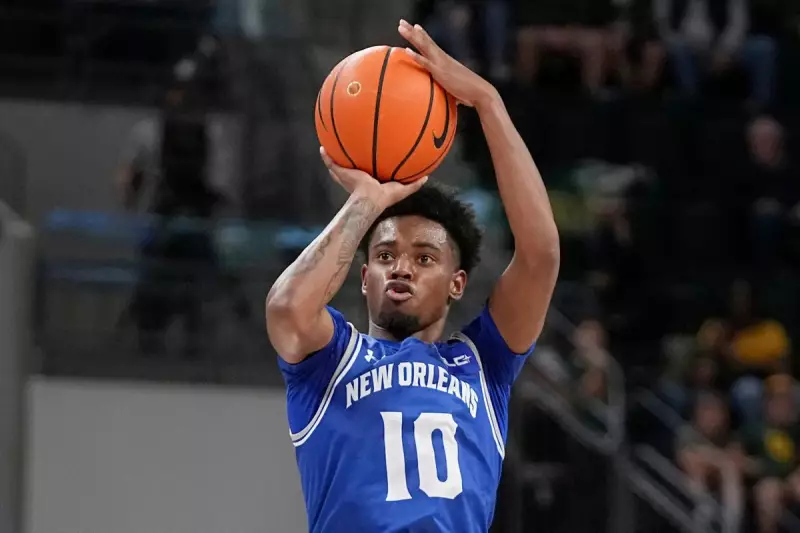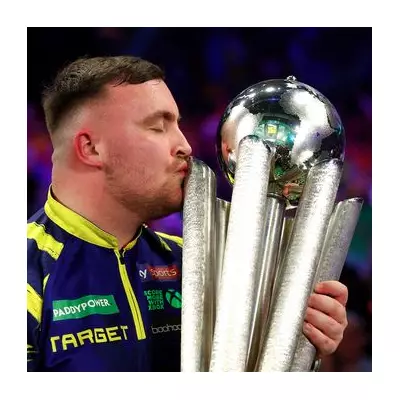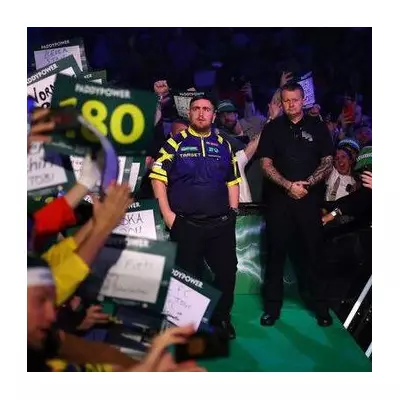
A university basketball star has publicly confessed his involvement in a major sports betting scheme, admitting he intentionally underperformed during games after being banned by the NCAA.
Confession on National Television
Dae Dae Hunter, a guard for the University of New Orleans, appeared on ABC's Good Morning America on Monday where he made startling admissions about his role in point-shaving operations. "I did go out there and not do my best: basically shooting the ball and not actually trying to make it," Hunter stated during the broadcast.
The athlete revealed that financial pressures drove his decisions, explaining "I just had a child. The school wasn't paying me, so I was trying to get money to actually take care of my child." His confession comes after the NCAA revoked his eligibility along with five other players following an extensive investigation.
Widespread NCAA Investigation
The Committee on Infractions determined that Hunter, along with teammates Dyquavian Short and Jamond Vincent, plus Arizona State's Chatton "BJ" Freeman, and Mississippi Valley State's Donovan Sanders and Alvin Stredic, had manipulated their performances during the 2024-25 regular season.
These players either deliberately underperformed to lose games, failed to cover bet lines, ensured specific prop bets were successful, or provided inside information to facilitate such actions. The violations at New Orleans came to light after authorities received a tip-off regarding game manipulation.
The NCAA announced in October it was investigating at least 30 current or former players over gambling allegations, highlighting the scale of the problem in college sports.
Deception and Consequences
When questioned on Good Morning America about whether he feared failing to meet a bettor's demands, Hunter responded with concerning confidence: "95%, we were going to get the job done."
He further admitted to deliberately misleading NCAA investigators during their inquiry. "I told them I wasn't doing it," Hunter confessed. "I told them I didn't know anything. But the whole time, basically I knew. I knew everything. I was trying to lie because I thought I wouldn't get my way out of it."
The case has sent shockwaves through college basketball, raising serious questions about athlete compensation and the vulnerability of student players to gambling influences.




